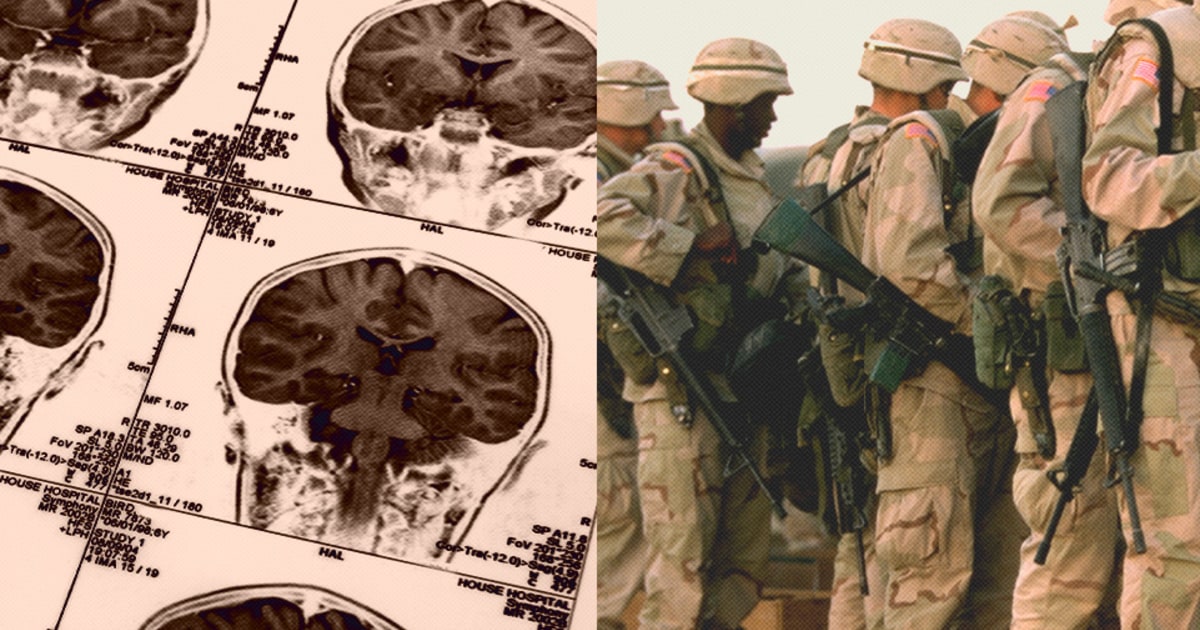“We’re really at an infant stage in terms of our clinical ability to assess traumatic brain injury,” a medical expert said.
Before he ended his life, Ryan Larkin made his family promise to donate his brain to science.
The 29-year-old Navy SEAL was convinced years of exposure to blasts had badly damaged his brain, despite doctors telling him otherwise. He had downloaded dozens of research papers on traumatic brain injury out of frustration that no one was taking him seriously, his father said.
“He knew,” Frank Larkin said. “I’ve grown to understand that he was out to prove that he was hurt, and he wasn’t crazy.”
In 2017, a postmortem study found that Ryan Larkin, a combat medic and instructor who taught SEALs how to breach buildings with explosives, had a pattern of brain scarring unique to service members who’ve endured repeated explosions.



The job of EM is stabilization and resuscitation. That takes a wide array of forms depending on your presenting condition. There is no “time limit” on what entails a safely dischargeable condition—if you present with chest pain, we CT you, and don’t find an immediately emergent cause of your chest pain, but in the process we fail to tell you about the lung nodule on your CT that turns out to be a CA that kills you in several years we are still liable. Maybe in certain states we are not medical legally liable at that point, but I would argue that we ethically still are. We are still all physicians (unless you’re getting treated by an APP).
In the context of stabilization and resuscitation I personally have the take that if you present with something I can’t adequately diagnose in the ED (let’s say I can rule out life threats but you still have a condition that is compromising your quality of life) then for the next step I really have to ensure adequate follow up for you (subspecialty referral, etc). That goes for the underinsured as well. It can get tricky, but that’s what case managers and social workers are for. Maybe I’m just biased because I work in academics. In general if you need emergency care I highly recommend that you go out of your way to get to an academic center because you’ll be more likely to get plugged in in this regard.